Re: Next Bubble or Last Hurrah? - Part I: Stocks and houses - Eric Janszen
Remember that the POTUS is just a person, even though we want to believe they are all above average. In my lifetime I think there have only been mediocre to poor except maybe Eisenhower and Reagan. BushI vs. BushII? Not much to differentiate-country club repubs.
Most history is an "accident"= right place/right time. Reagan comes to mind. He was a pretty mediocre governor, but a very good president (far from perfect). FDR= excellent prosecution of the war, pretty mediocre domestically (active, but caused as much damage as benefit).
As I said, the pols are just the tip of the iceberg. The businessmen, who used to help keep the pols in line, have gone brain dead too. I think that has more to do with our economic problems that some dopey pol/consultant.
Originally posted by metalman
View Post
Most history is an "accident"= right place/right time. Reagan comes to mind. He was a pretty mediocre governor, but a very good president (far from perfect). FDR= excellent prosecution of the war, pretty mediocre domestically (active, but caused as much damage as benefit).
As I said, the pols are just the tip of the iceberg. The businessmen, who used to help keep the pols in line, have gone brain dead too. I think that has more to do with our economic problems that some dopey pol/consultant.


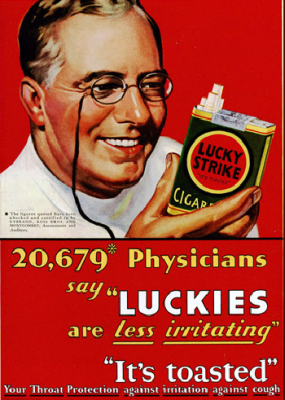




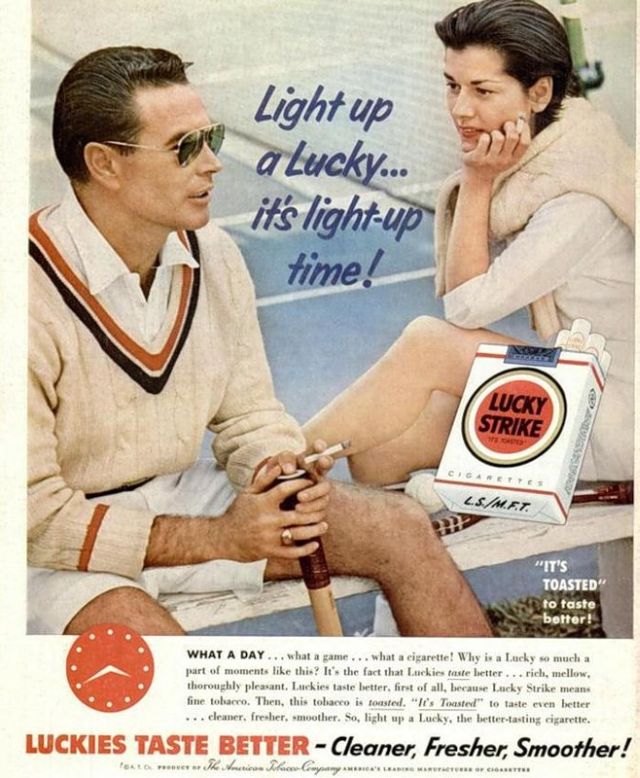
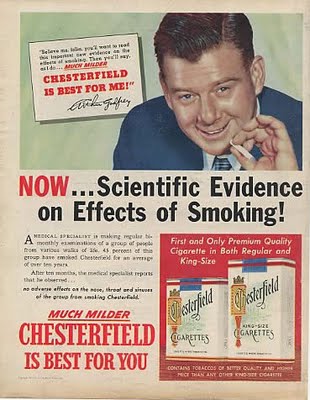
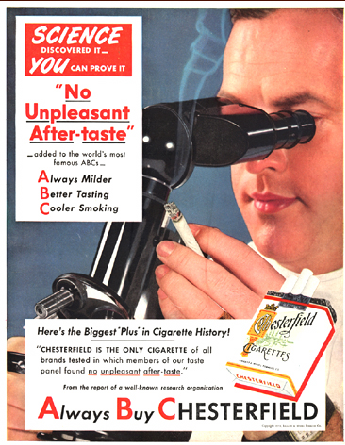

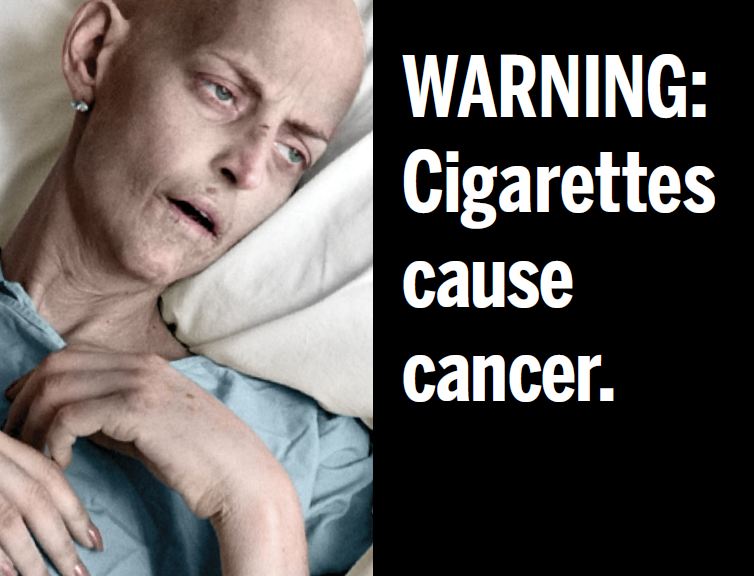

Comment